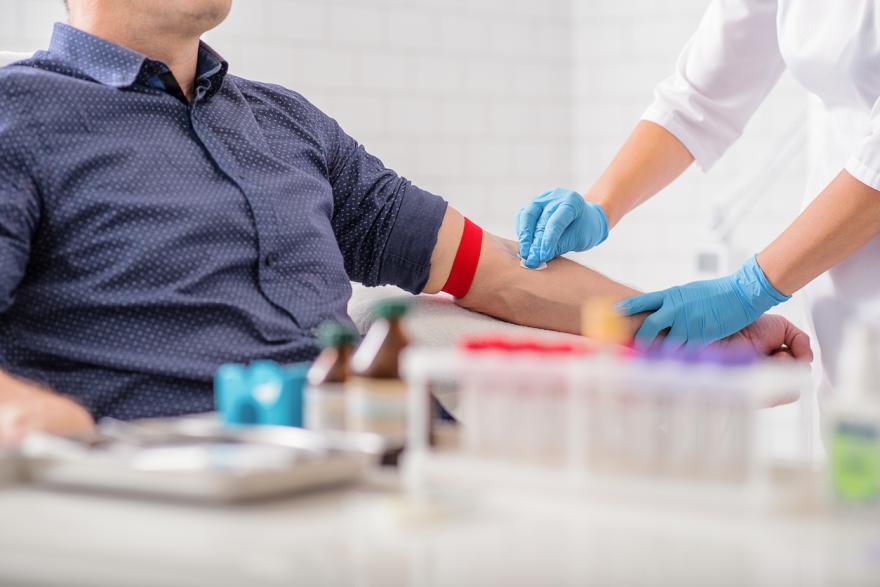Employee drug testing can be a sensitive subject, especially as laws change and attitudes shift. But it’s still a valuable tool for many businesses—especially when safety, compliance, or trust are at stake. If you’re weighing whether drug testing makes sense for your team, it helps to have a clear framework for making that decision.
This isn’t a one-size-fits-all situation. Your approach should reflect your industry, the roles you’re hiring for, and the kind of workplace you want to build.
Start with Your Industry and Risk Profile
Certain industries—like healthcare, transportation, construction, or manufacturing—have higher safety risks. If your employees are operating vehicles, using heavy machinery, or working in environments where impairment could cause harm, drug testing might be a non-negotiable. In these fields, it’s often a regulatory requirement.
Even outside of regulated industries, some businesses choose to test because the stakes are high. Financial institutions, for example, may screen for substances to protect their integrity and reduce fraud risk.
Understand the Legal Landscape
Drug testing laws vary by state, and they’re evolving. Some states restrict testing to specific circumstances (like post-accident or reasonable suspicion), while others require clear written policies. The rise of legalized cannabis adds another layer of complexity—what’s legal recreationally may still be off-limits in your workplace.
Before you make any decisions, review your state and local laws. If you’re not sure, work with a compliance-savvy screening provider or legal advisor.
Think About Culture and Trust
Drug testing has an impact beyond logistics. It sends a message about your company culture—about what you prioritize and how you support your employees. Some businesses take a zero-tolerance approach. Others build policies around rehabilitation, support, and second chances.
Consider your values. If you want a policy that promotes trust and safety without creating fear or resentment, clarity and communication matter.
Decide What, When, and How
If you move forward with drug testing, you’ll need to make a few key decisions:
- Who will you test? All new hires? Safety-sensitive roles only?
- When will testing occur? Pre-employment only, or also post-accident, random, or upon reasonable suspicion?
- What substances will you test for? And how will you handle positive results?
Make sure your policy is written, consistently applied, and clearly communicated to candidates and employees.
A well-thought-out drug testing policy can protect your team, safeguard your business, and reinforce your commitment to a safe, productive workplace. But the decision to test—or not—should be grounded in thoughtful evaluation, not habit or guesswork.
Make sure your policy is written, consistently applied, and clearly communicated to candidates and employees.
A well-thought-out drug testing policy can protect your team, safeguard your business, and reinforce your commitment to a safe, productive workplace. But the decision to test—or not—should be grounded in thoughtful evaluation, not habit or guesswork.
A well-thought-out drug testing policy can protect your team, safeguard your business, and reinforce your commitment to a safe, productive workplace. But the decision to test—or not—should be grounded in thoughtful evaluation, not habit or guesswork.

































